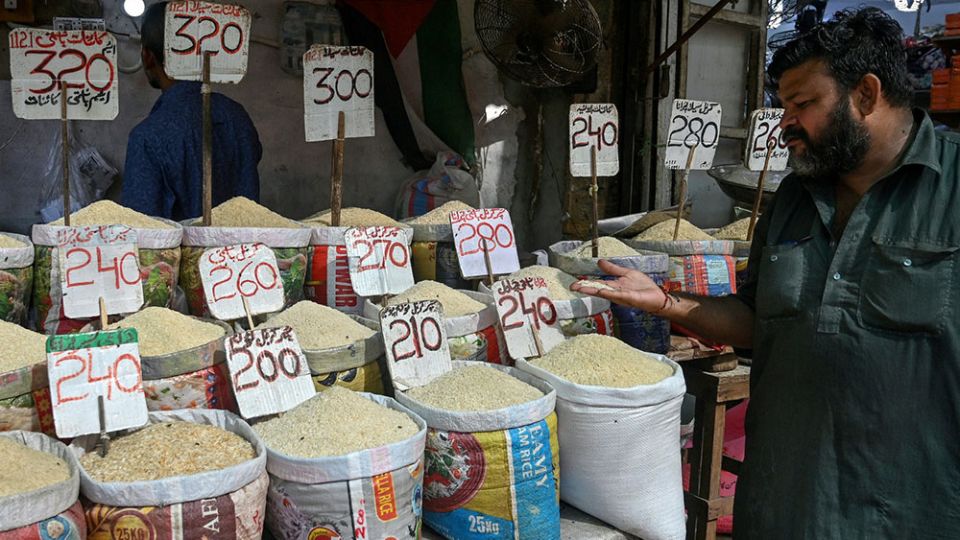November 25, 2025
ISLAMABAD – The Trading Corporation of Pakistan (TCP) has issued a tender to purchase 100,000 tonnes of rice for supply to Bangladesh, it emerged on Monday.
After decades of troubled relations, Islamabad and Dhaka have seen improved ties and increased bilateral engagement since the August 2024 ouster of ex-premier Sheikh Hasina.
The deadline for submission of price offers is 11:30am on November 28, according to the TCP tender issued on November 20, which was seen by Dawn.
The tender invites “separate sealed bids” from companies, partnerships and sole proprietors for buying 100,000 tonnes of long grain white rice (IRRI-6) “for export to Bangladesh in the shape of break bulk cargo” through Karachi ports.
Price offers have to be valid for 21 working days after submission. The rice must be available for shipment within 45 days after the contract award.
The bids shall be submitted for a minimum quantity of 25,000 tonnes, or multiples thereof, and a maximum quantity of 100,000 tonnes, +/- 5 per cent MOLSO (5pc variance margin).
As per the tender, the rice should be supplied from the “stocks of latest crop of Pakistan origin”, and must be fit for human consumption without any unpleasant odour, sign of mould, poisonous weed seeds, insects, and infestation.
According to Reuters, traders regarded the tender as a possible move to bring Pakistani rice into Bangladesh’s import supplies, with market expectations that Indian-origin rice will be used to supply some recent purchases by Bangladesh.
Bangladesh also announced another rice tender today, continuing a series of import tenders in the last few weeks to cool local prices.
Pakistan and Bangladesh started direct government-to-government trade in February with imports of 50,000 tonnes of rice.
At the 9th Joint Economic Commission (JEC) last month, Pakistan offered the use of Karachi Port Trust as a gateway for Dhaka’s trade with regional countries, including China and the Central Asian states.
Rice exports
Pakistan’s rice exports fell 28pc in the first quarter of FY26, raising concerns within the sector about policy and regulatory barriers that continue to undermine competitiveness.
A Rice Exporters Association of Pakistan official had attributed the decline to India’s 2024 decision to resume rice exports and the government’s removal of the basmati minimum export price (MEP) and zero-rate rice exports.
However, as Pakistani exporters avoided a direct price war, India’s re-entry failed to significantly disrupt Pakistan’s rice trade in the following six months (October 2024 to March 2025), with the latter retaining its foothold in high-end markets.
Moreover, a 50 per cent tariff imposed by the United States on Indian goods, including basmati rice, in August has provided Pakistan an opportunity to expand its share in the American market.
Data from Volza’s Global Trade platform showed that between November 2023 and October 2024, the US accounted for 24pc of Pakistan’s total basmati exports.


